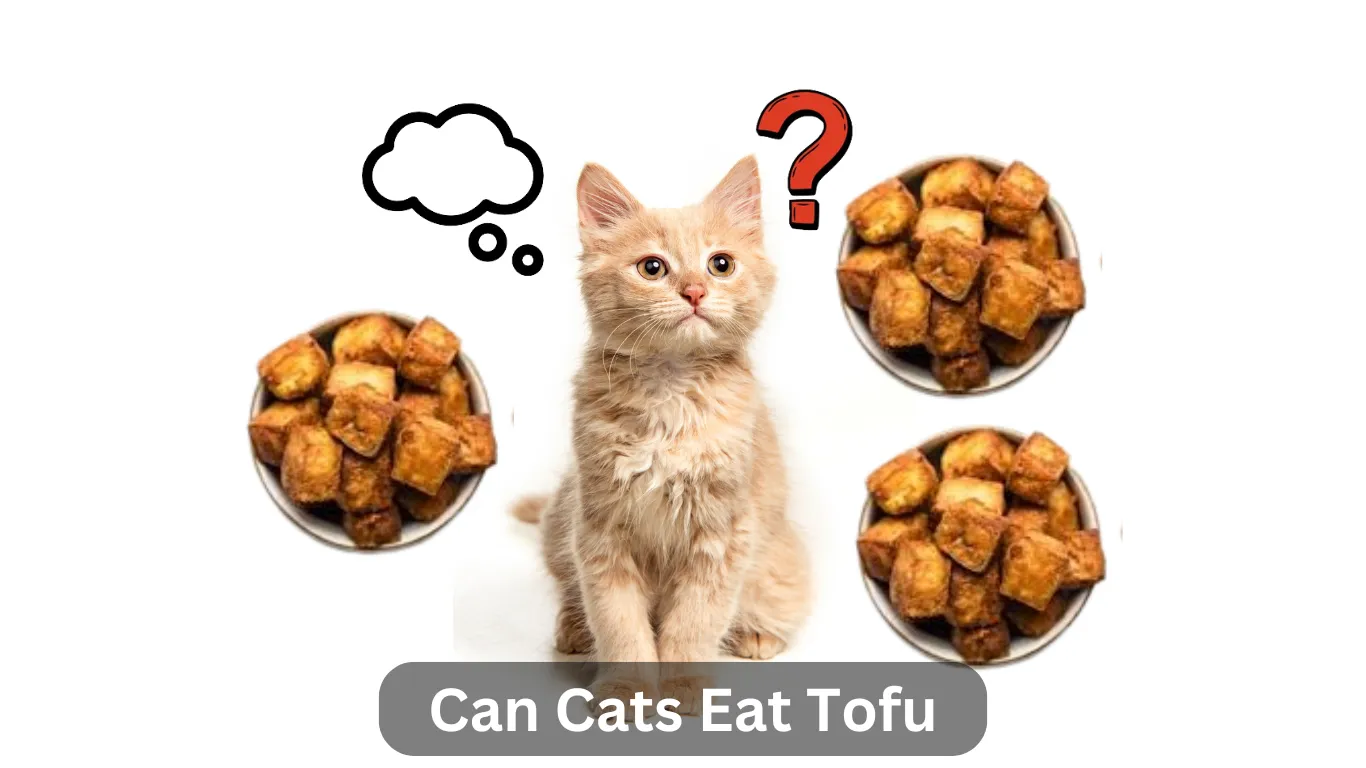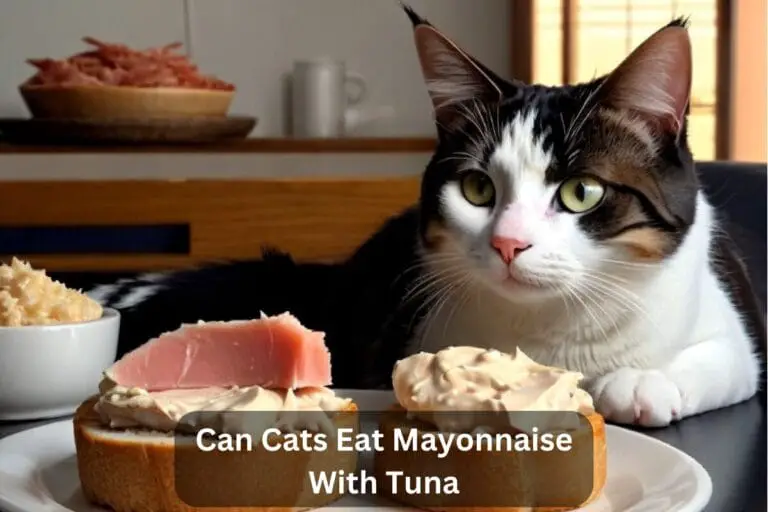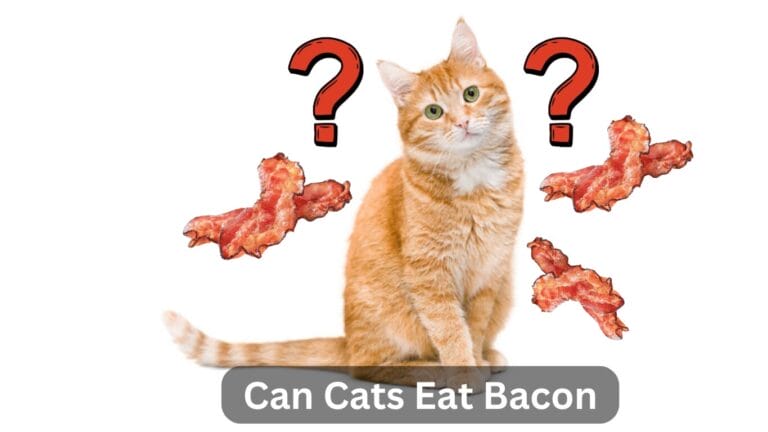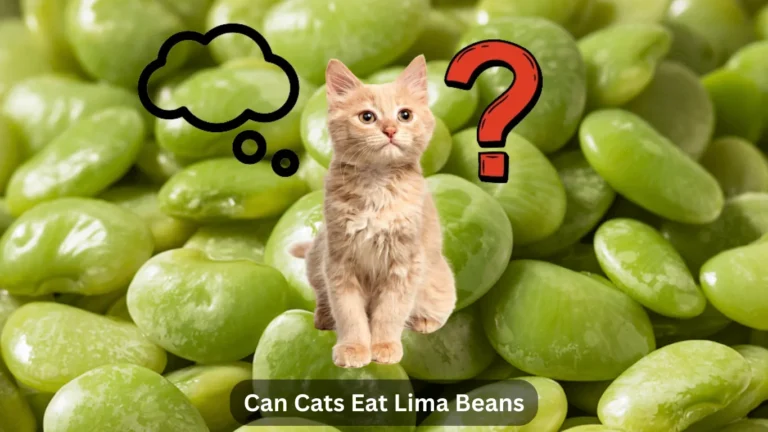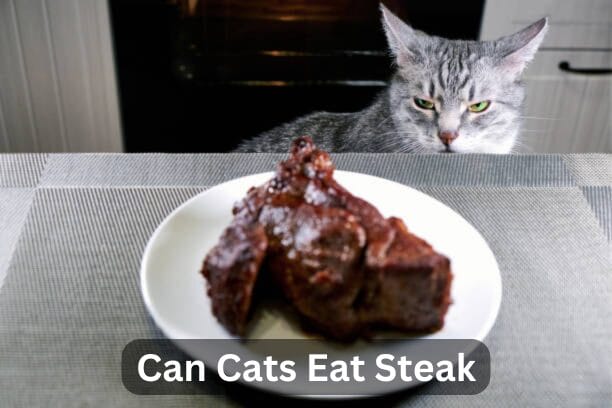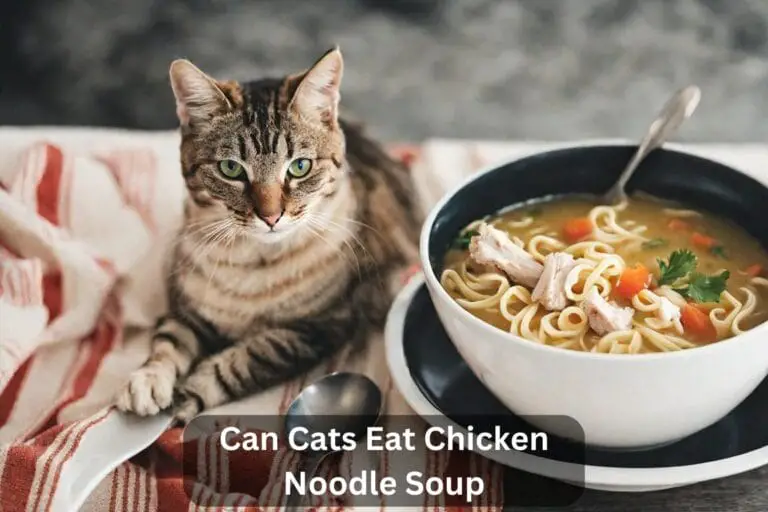Can Cats Eat Tofu? The Ultimate Guide to Feline Nutrition
When we think about our beloved cats, we always want to make sure they are healthy. As good pet owners, we often wonder what food is right for them. Tofu is a common vegetarian food that contains a lot of protein. But can cats eat tofu? Let’s find out!
In this ultimate guide, we are going to discuss the relationship between cats and tofu and also its health impacts on cats, So let’s get started.
Can Cats Eat Tofu? Yes, But with Caution.
Tofu made from soybeans is generally safe for cats to eat in small amounts. However, it is important to remember that cats are obligate carnivores, meaning their diet must consist primarily of meat. Although tofu is not toxic to cats, it should not replace their regular diet of animal-based protein.
Benefits Of Feeding Tofu To Cats:
Alternative Protein Source:
Tofu offers a plant-based protein alternative for cats with specific dietary restrictions or sensitivities to animal proteins. This may be a viable option for cats allergic to traditional protein sources.
Low in Calories and Fat:
Tofu is low in calories and fat, making it suitable for cats who need to lose weight or are obese. It can be used as a healthy treatment option without contributing to excessive calorie intake.
Variety in Diet:
Introducing tofu as an occasional treat can add variety to your cat’s diet, prevent food monopolization, and provide mental stimulation. Offering a variety of food options can encourage picky eaters to eat a more balanced diet.
Suitable for Vegetarian Households:
Cats in vegetarian households can benefit from tofu as a source of protein that fits their owners’ dietary choices. However, it is very important to ensure that cats receive the proper supplements to meet their unique nutritional needs.
Texture Variety:
Tofu’s soft and chewy texture can provide cats with a different sensory experience than their usual food. Offering foods with different textures can promote dental health and satisfy their natural urge to chew.
Risks of Feeding Tofu To Cats:
Digestive Upset:
Cats have sensitive digestive systems that are well-suited to processing animal proteins. Introducing tofu, which is a plant-based protein, can cause digestive discomfort such as diarrhea, vomiting, or gas.
Nutritional Deficiencies:
Tofu lacks essential nutrients like taurine and vitamin A, which are important for cats’ health. Prolonged use without proper supplementation can result in nutritional imbalances and deficiencies.
Allergic Reactions:
Some cats may be allergic to soy products such as tofu. Allergic reactions can manifest as itching, skin irritation, swelling, or breathing problems. It is important to monitor your cat closely for signs of allergy after adding tofu to their diet.
Gastrointestinal Blockage:
Tofu, when eaten in large quantities or inappropriately sized pieces, can pose a choking hazard or cause gastrointestinal disturbances in cats. This risk is especially important for cats that have a habit of drinking their food without chewing.
Interference with Nutrient Absorption:
Certain compounds in tofu can interfere with the absorption of essential nutrients in cats. This intervention can further increase the risk of malnutrition, compromising your cat’s overall health.
Tips for Feeding Tofu To Cats:
Feeding your cat tofu requires care and attention to ensure their safety and well-being. Here are some easy tips to follow:
Moderation is Key:
Tofu should only be given to your cat as an occasional treat and not as a primary food source. Too much tofu can upset your cat’s stomach and cause a nutritional imbalance.
Small Portions:
When serving tofu to your cat, be sure to cut it into small, bite-sized pieces. This not only prevents choking hazards but also makes it easier for your cat to chew and digest.
Observe Your Cat’s Reaction:
After you give your cat tofu for the first time, watch their reaction closely. Watch for any signs of indigestion, allergic reactions, or discomfort. If your cat exhibits an adverse reaction, stop feeding tofu immediately.
Consult Your Veterinarian:
Before adding tofu or any new food to your cat’s diet, it is important to consult with your veterinarian. They can provide personalized advice based on your cat’s specific nutritional needs and health status.
Supplement with Essential Nutrients:
Since tofu lacks some essential nutrients like taurine and vitamin A, it’s important to make sure your cat’s diet is adequately supplemented. Your veterinarian can prescribe appropriate supplements to meet your cat’s nutritional needs.
Mix with Cat Food:
To make tofu more appealing to your cat, you can mix it with your cat’s regular food. This can help mask the unfamiliar taste and texture of tofu and encourage your cat to try it.
Offer as a Reward:
Use tofu as a special reward or treat for your cat to reinforce positive behavior or provide enrichment. However, avoid overfeeding your cat to maintain a balanced diet.
By following these tips, you can safely add tofu to your cat’s diet and provide them with a unique culinary experience while ensuring their health and happiness.
Conclusion
Finally, although tofu can be safely added to a cat’s diet in moderation, it is important to proceed with caution and awareness of the potential risks and benefits. Although it offers an alternative source of protein for cats with dietary restrictions and can add variety to their diet, it is not a substitute for essential animal-based protein. Always prioritize your cat’s health by consulting a veterinarian before introducing any new food, and monitor their reactions closely. With proper care and attention, tofu can become a delightful addition to your cat’s food repertoire, improving their diet while ensuring their health and happiness.

